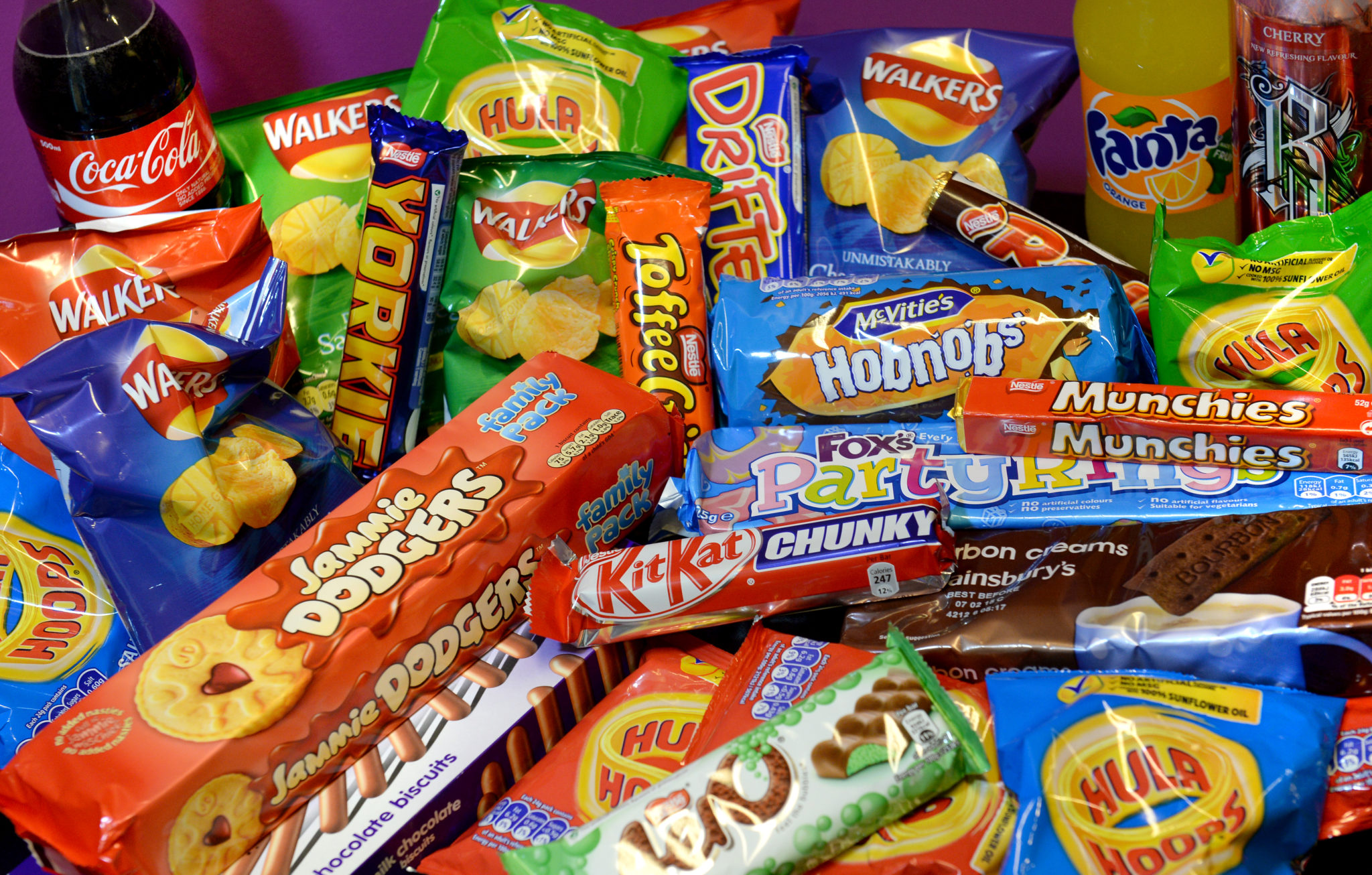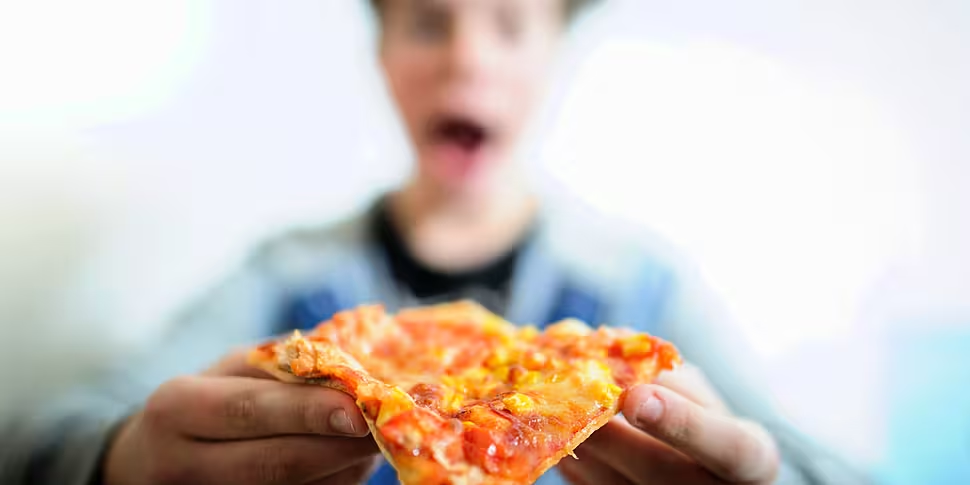Many young people are turning to junk food to help cope with their low mood during the pandemic, a new report has found.
The latest ESRI Growing up in Ireland study has looked at how COVID-19 has affected the lives of 12 and 22-year-olds.
29% of 12-year-olds said they are eating more sweets and junk food, compared to 44% of 22-year-olds.
According to the findings, nearly half of working 22-year-olds either lost a job or were temporarily laid off over the last year.
People that age also reported an 81% drop in the amount of time spent with friends because of the restrictions.
Meanwhile, one in ten 22-year-olds felt they had missed out on needed mental health support.
The report finds that many 12-year-olds also experienced problems moving from primary to secondary school last September.
Orla Walsh, a Dietician at the Dublin Nutrition Centre, spoke to Newstalk Breakfast with Susan Keogh about the findings and said that everyone, not just young people, is eating more junk food and spending more time in front of screens during the lockdown.
"What we need to be aware of is there's no definite end to COVID, it's not a case of, this is the behaviour that's in our house now and we'll solve it at X date," she said.
"The longer behaviour carries on, the more embedded it can become.
"We need to first acknowledge that food is comforting, food brings us joy and that's OK, there's nothing wrong with that or abnormal.
"What we need to do is we need to work on the relationship with food with all the children we're raising and look at it and go, you're getting comfort and joy from food but what else can you get comfort and joy from?
"Sometimes it takes parents just five minutes to step back and think and go, OK, what else can we do with them that will comfort them or energise them at the times of the days we are reaching for the less healthy food."
Dr Walsh added that teaching young people to use things other than food at this time in their lives is really important as they're likely to carry it on to later life.
"We also need to be aware that if our eating habits and lifestyle habits become less healthy during the pandemic, which a lot of people can relate to, we're going to have additional conditions or diseases or poorly controlled conditions or diseases when all of this peters out," she said.
 A collection of biscuits, crisps, chocolate bars and carbonated drinks. Credit: PA
A collection of biscuits, crisps, chocolate bars and carbonated drinks. Credit: PAShe stated it's important to acknowledge that food can have a positive impact on mood, but when your mood is low, you may reach for food you might not necessarily choose otherwise.
"We need to take this opportunity and take as much positive as we can from it that these kids can bring into adulthood, and one thing is teaching them to use things other than food to draw comfort from during these times," she said.
"Unfortunately, more junk food and more sweets are going to have a negative impact on mood both in the short and long-term.
"So we have to acknowledge that and try and rectify it as much as possible while obviously keeping a healthy approach to it."
'Behaviours have changed'
Speaking on the same programme, Dr Sarah Jane Belton, a lecturer in Physical Education at the School of Health and Human Performance at DCU, said she was "concerned but not surprised" with the ESRI's findings.
"The health impact on nutrition is compounded by the sedentary screen time and reduced physical activity time," she said.
"I think what's happened is the patterns of behaviours have changed, we've been taken so completely from what we were doing to something new.
She added there have been some positive habits developed during the last year, such as more people being outdoors and active.
"But the unseen is probably the more structured activity that people were doing, that has disappeared," she said.
"If we can get to a point where each person and each family is looking inward and seeing what are the good things they're doing now that they weren't doing before but at the same time, they need to look at what they're doing which is less positive."
Dr Belton advised parents to encourage their children to commit to getting back to recreational and sporting activities when they are permitted again, but also to maintain the new positive habits developed throughout lockdown.
Main image:









